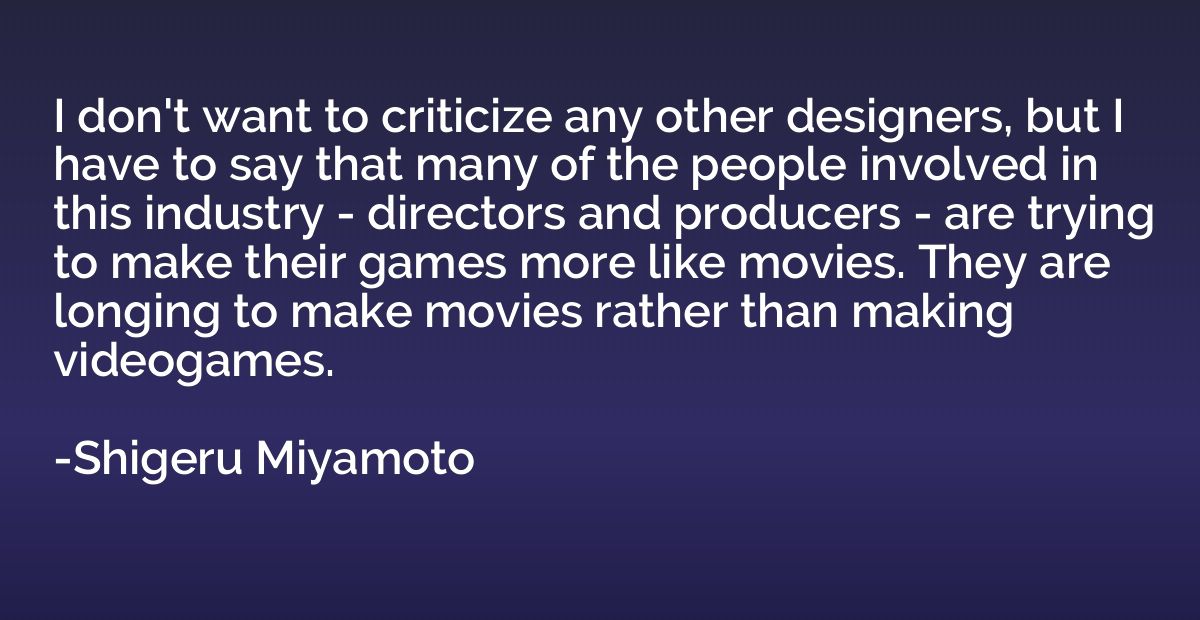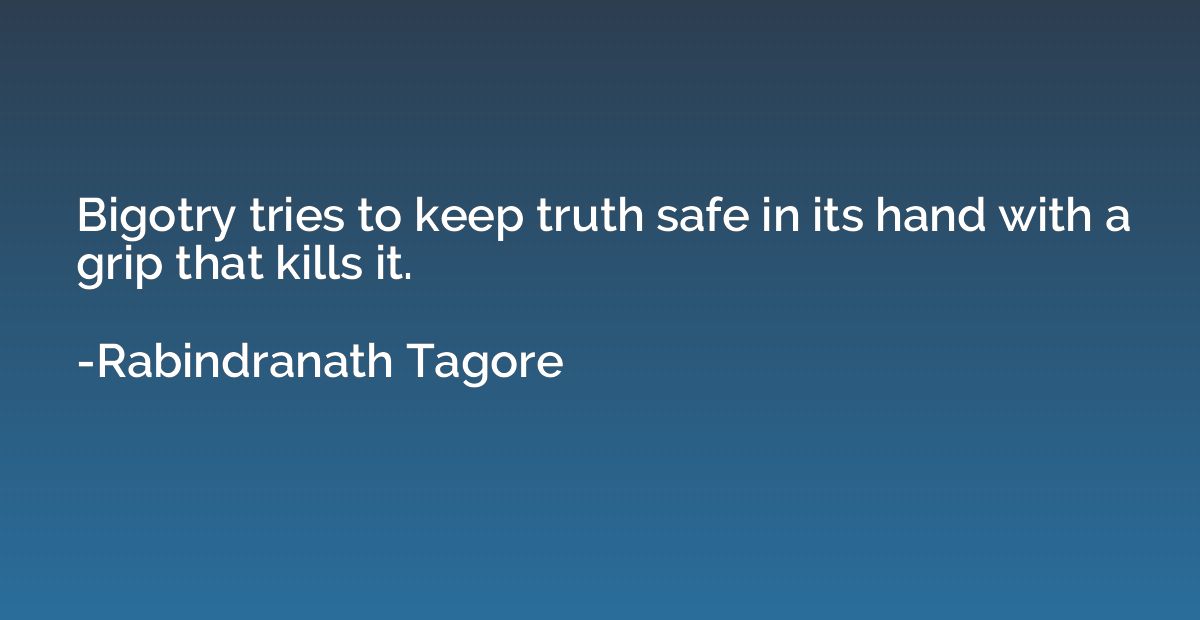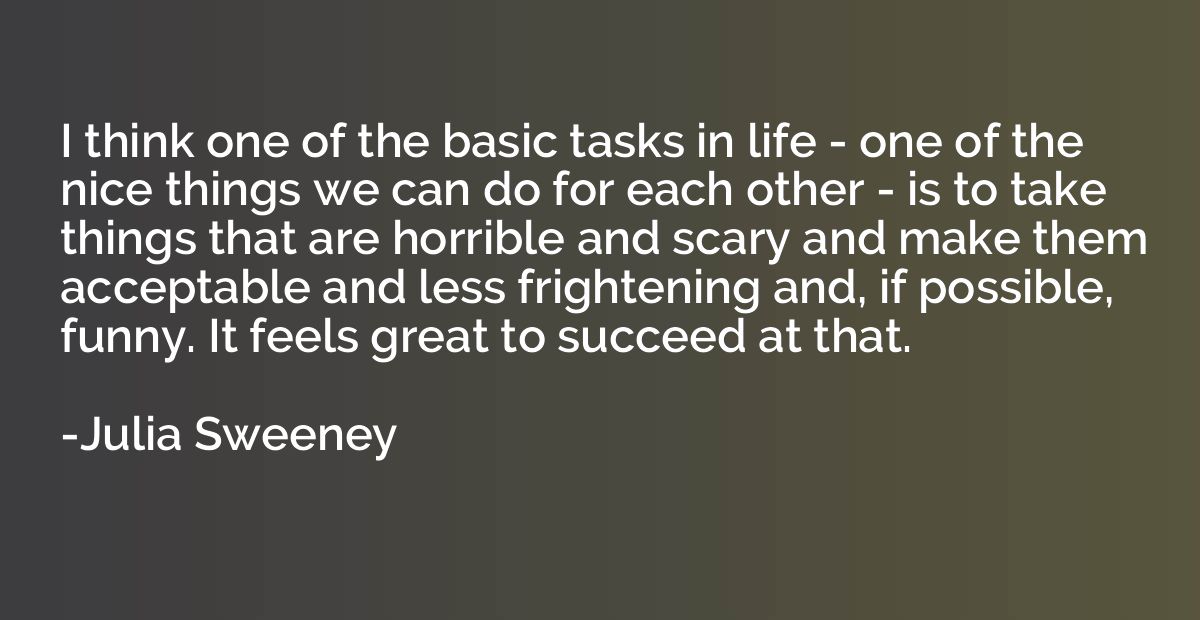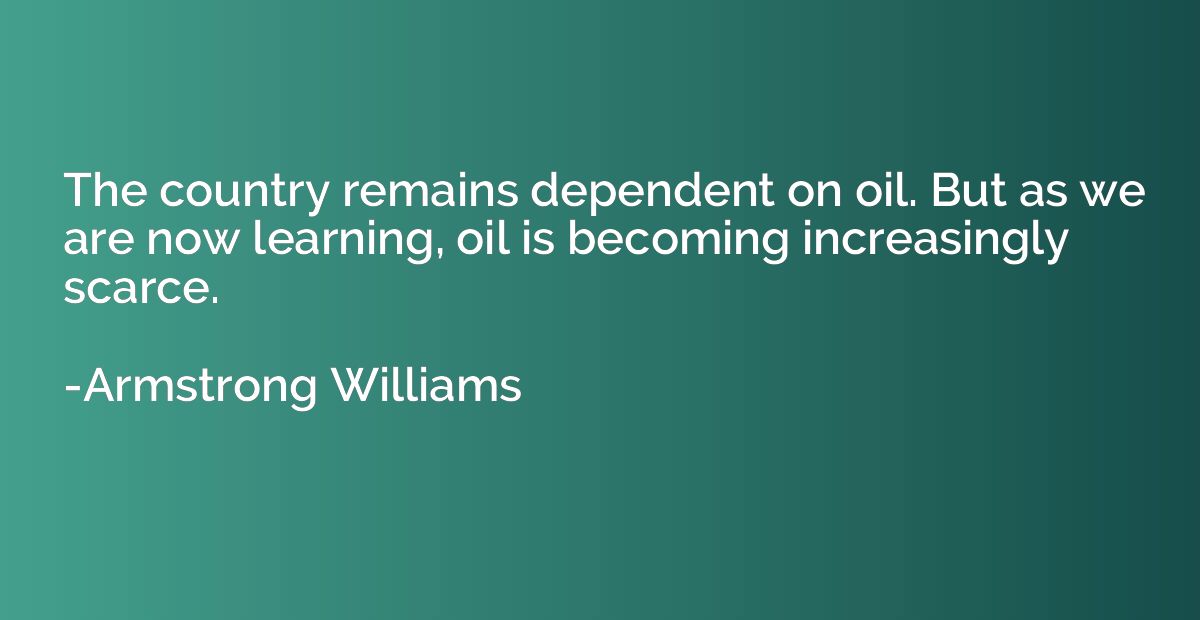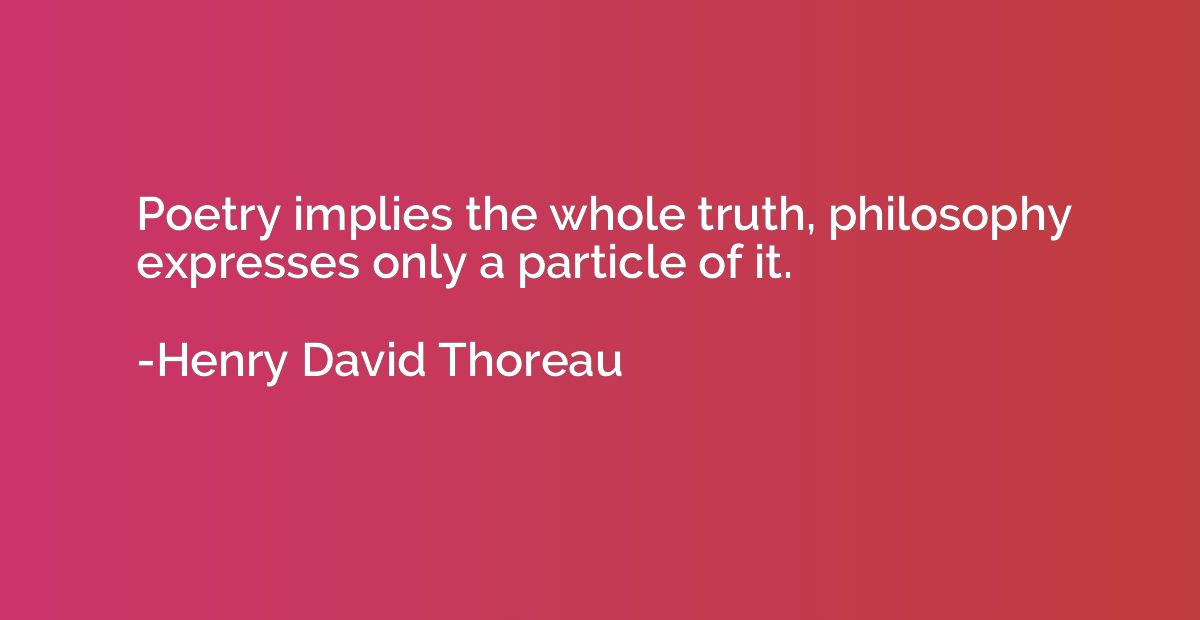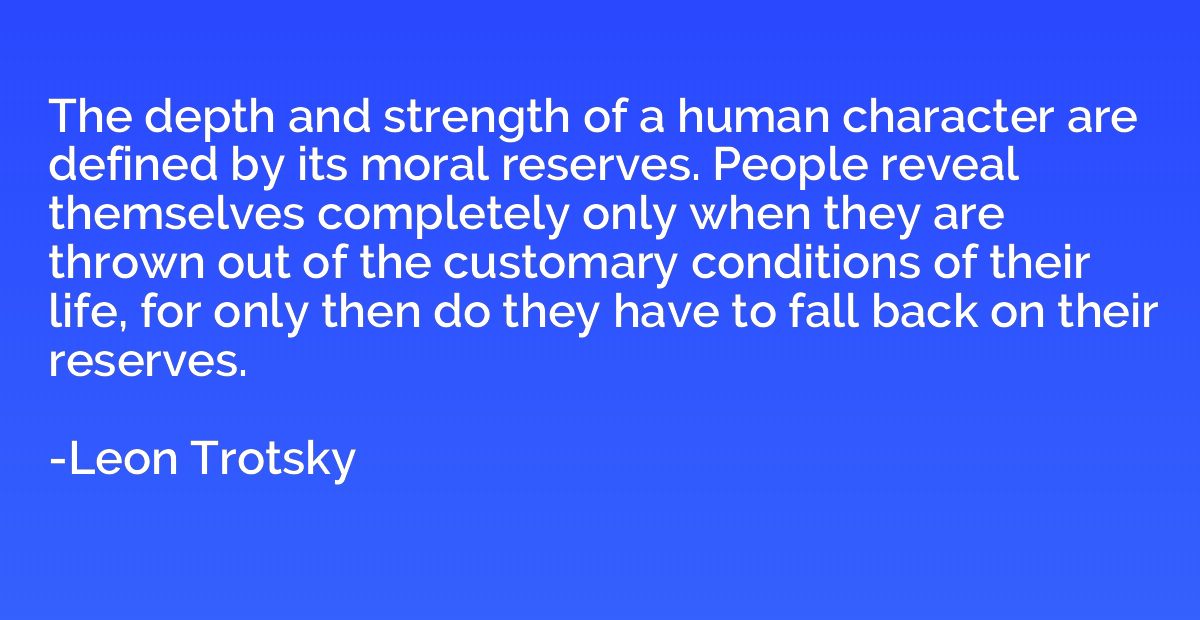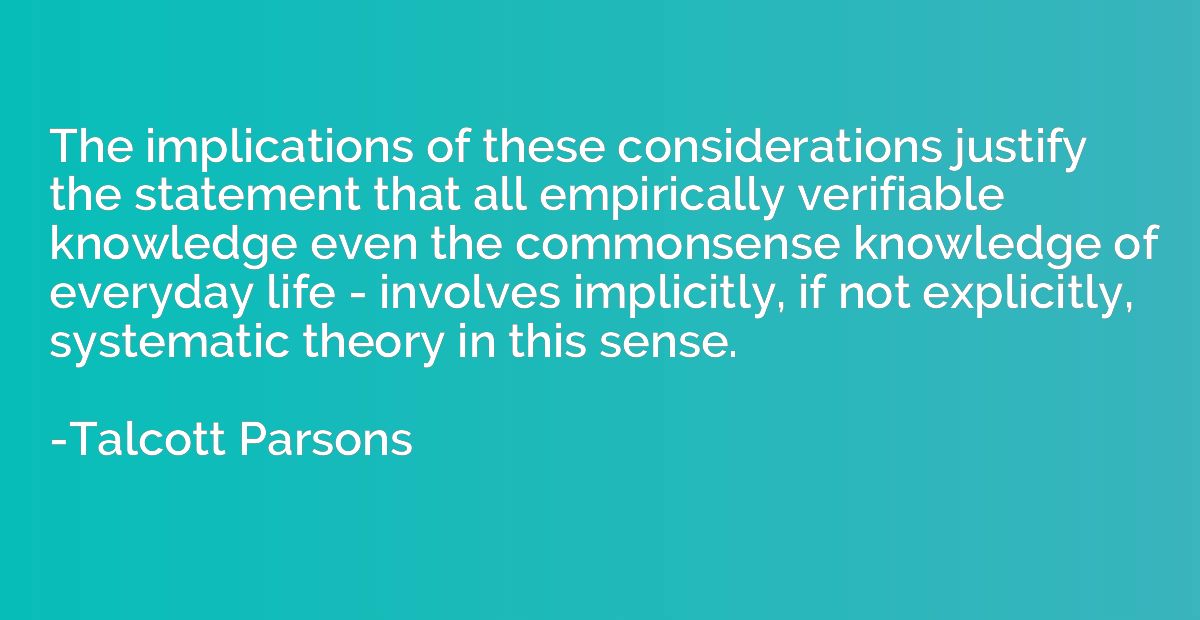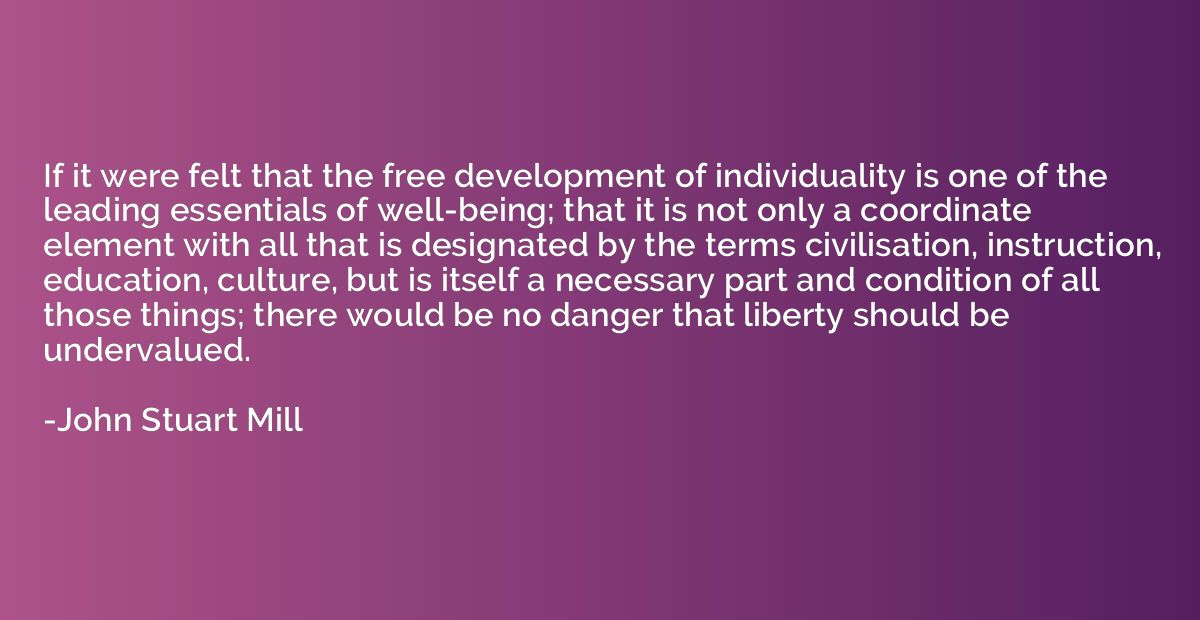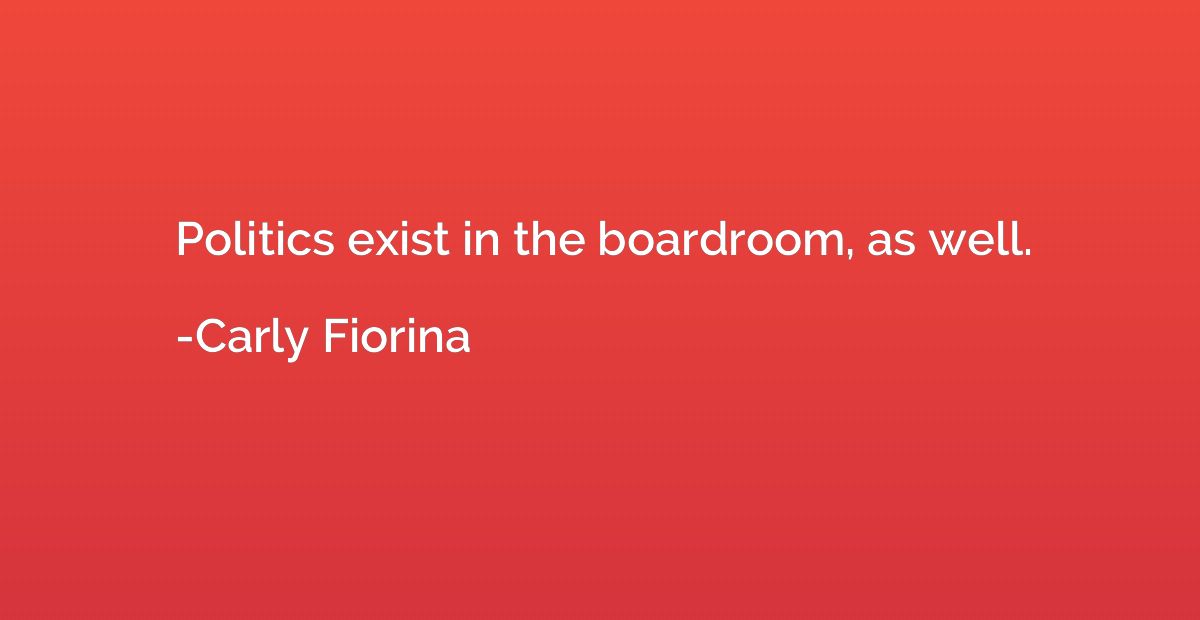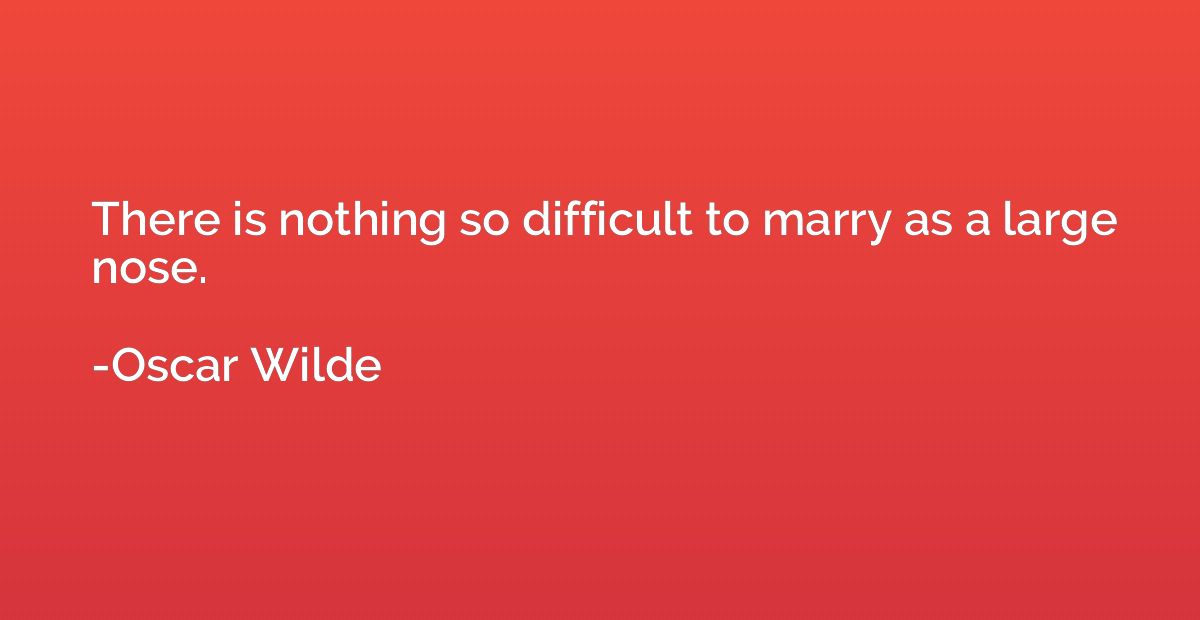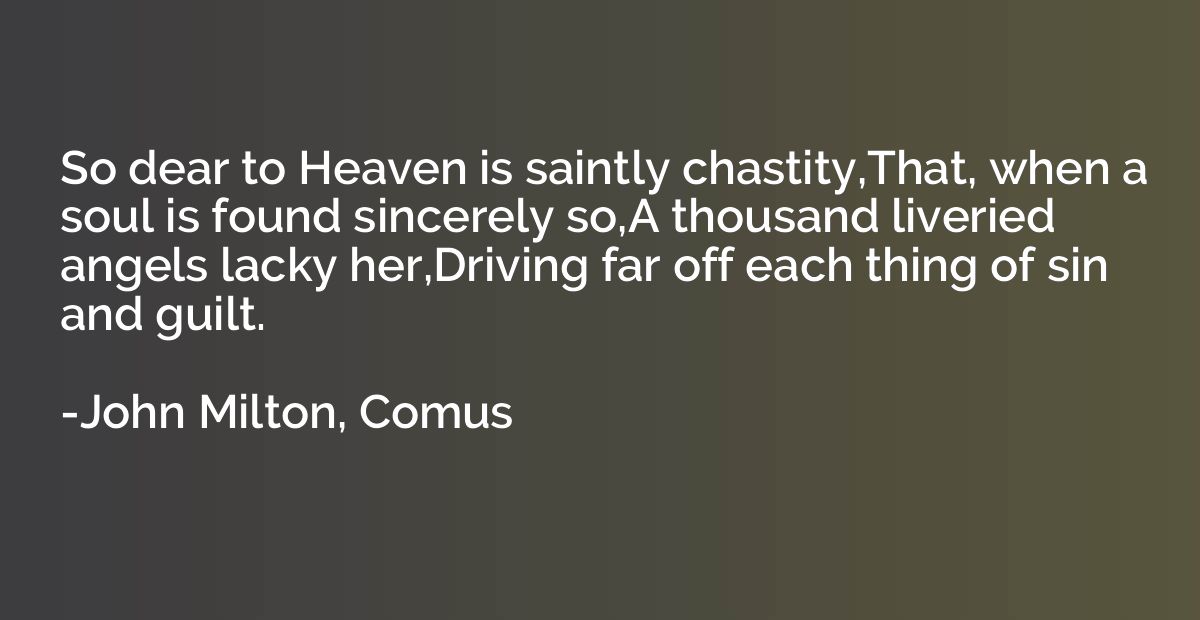Quote by Norman Cousins
The tragedy of life is in what dies inside a man while he lives -- the death of genuine feeling, the death of inspired response, the awareness that makes it possible to feel the pain or the glory of other men in yourself.
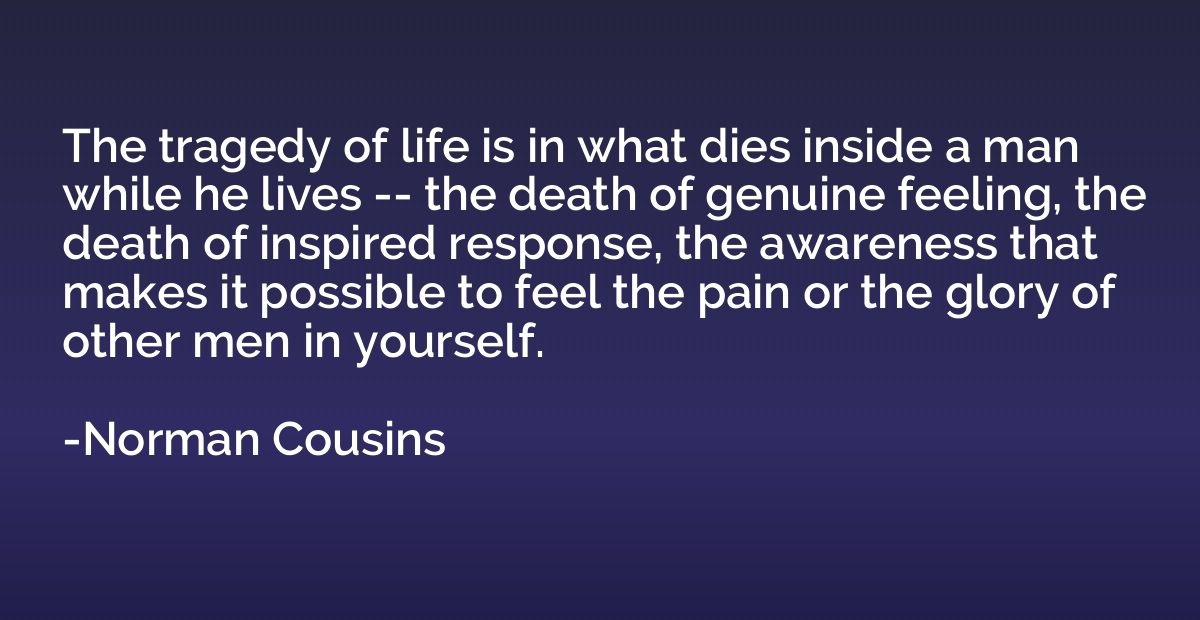
Summary
This quote highlights the profound tragedy that lies in the gradual extinction of genuine emotions and inspired reactions within a person throughout their lifetime. It emphasizes the importance of being conscious enough to empathize and truly connect with the joy and suffering experienced by others. It suggests that when individuals lose touch with their ability to genuinely feel and understand the experiences of those around them, a part of them dies, depriving them of the richness and depth that human connection brings to life.



